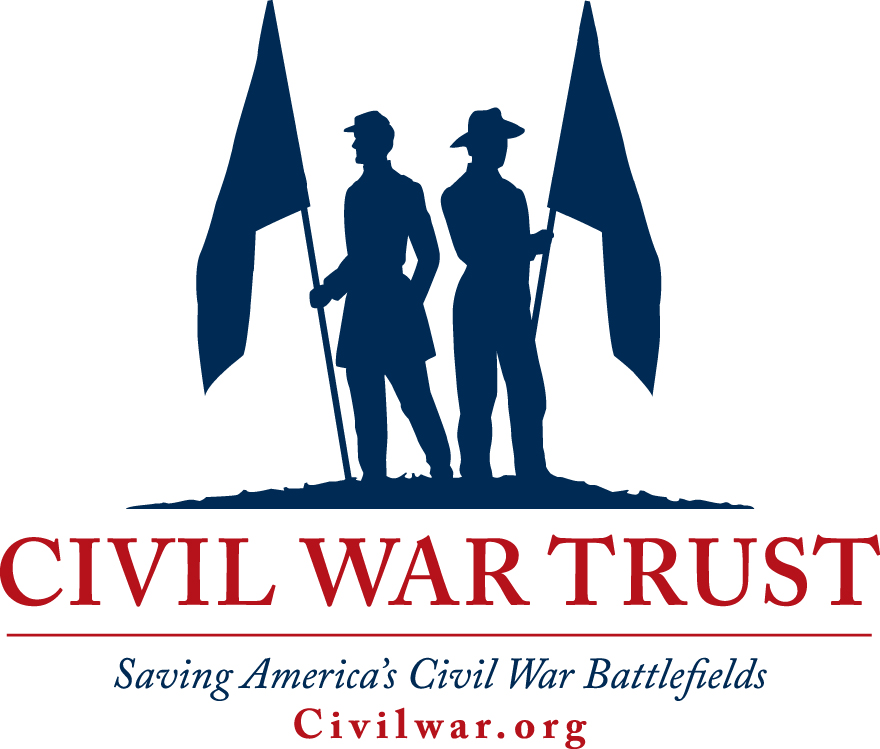UPDATE: On Feb 12, 2016, the Virginia Supreme Court issued a ruling in Wetlands America Trust, Inc. v. White Cloud Nine Ventures, L.P. The decision by the Virginia Supreme Court affirms the validity of perpetual conservation easements in the Commonwealth. Troublingly though, the court clarified the standard of review for conservation easements as “strict construction,” which means the presumption on any ambiguity will be a finding in favor of the “free use of land.”
At a practical level, the ruling will impact how land trusts steward current easements and underscores the importance of specificity in the drafting of future easements.
Original Press Release text from May, 2015:
 |  |  |
 |  |  |
Organizations Weigh In on Wetlands America Trust, Inc. v. White Cloud Nine Ventures, LLC
Six regional and national conservation groups petitioned the Virginia Supreme Court to allow them to weigh in on a case that could change the course of conservation easements in the Commonwealth. The groups asked the Court to follow the clear direction of the General Assembly and to honor the pledge in the Virginia Constitution to support clean air, clean water, history and resource protection when determining how to uphold the integrity of conservation easements.
The case itself centers around a dispute that began in 2013 between Wetlands America Trust, the easement holder (a supporting entity to Ducks Unlimited), and White Cloud Nine, which operates Chrysalis Vineyards, over the size, location and use of structures on its property under easement in Loudoun County, Virginia. Wetlands America Trust found 14 easement violations on the property, but none were upheld by the Circuit court.
The organizations, which include The Civil War Trust, The Land Trust Alliance, The Land Trust of Virginia, The National Trust for Historic Preservation, The Nature Conservancy, and The Piedmont Environmental Council, have signed on together to an Amicus Curiae brief in support of the easement holder, Wetlands America Trust.
The Amicus Curiae >>
The Motion for Leave to File >>
The brief challenges the lower court ruling, specifically, the judge’s decision to dismiss the requirements of the Virginia Constitution, the Virginia Conservation Easement Act and Open Space Lands Act in favor of common law standards of restrictive covenants. In addition, the groups assert that the court’s application of common law standards would:
- Cause considerable harm to efforts to conserve Virginia’s open spaces, natural resources, battlefields and historic sites,
- Embolden landowners to challenge easement terms and likely lead to increased litigation,
- Undermine the donative intent underlying conservation easements; and
- Set precedent that could adversely affect land conservation not only in Virginia but throughout the United States
The brief states “it is imperative that this Court recognize that conservation easements, unlike common law restrictive covenants, are favored under Virginia law to further the strong public policy of the Commonwealth in support of land conservation and historic preservation.”
Prior to filing, the organizations filed a Motion for Leave to File the Amicus Curiae brief. On June 15, 2015, the Virginia Supreme Court granted leave to the organizations to file their brief.
The Office of the Attorney General has also filed an Amicus in support of Wetlands America Trust.
Contacts:
Chris Miller, The Piedmont Environmental Council
[email protected], 703-507-5790
Leslie VanSant, The Land Trust of Virginia
[email protected], 540-270-0562
Jim Campi, The Civil War Trust
[email protected], 202-367-1861 x7205
Ross Bradford, The National Trust for Historic Preservation
[email protected], 202-588-6035
Elizabeth Ward, The Land Trust Alliance
[email protected], 202-638-5658
Bill Kittrell, The Nature Conservancy
[email protected], 434-996-0510
